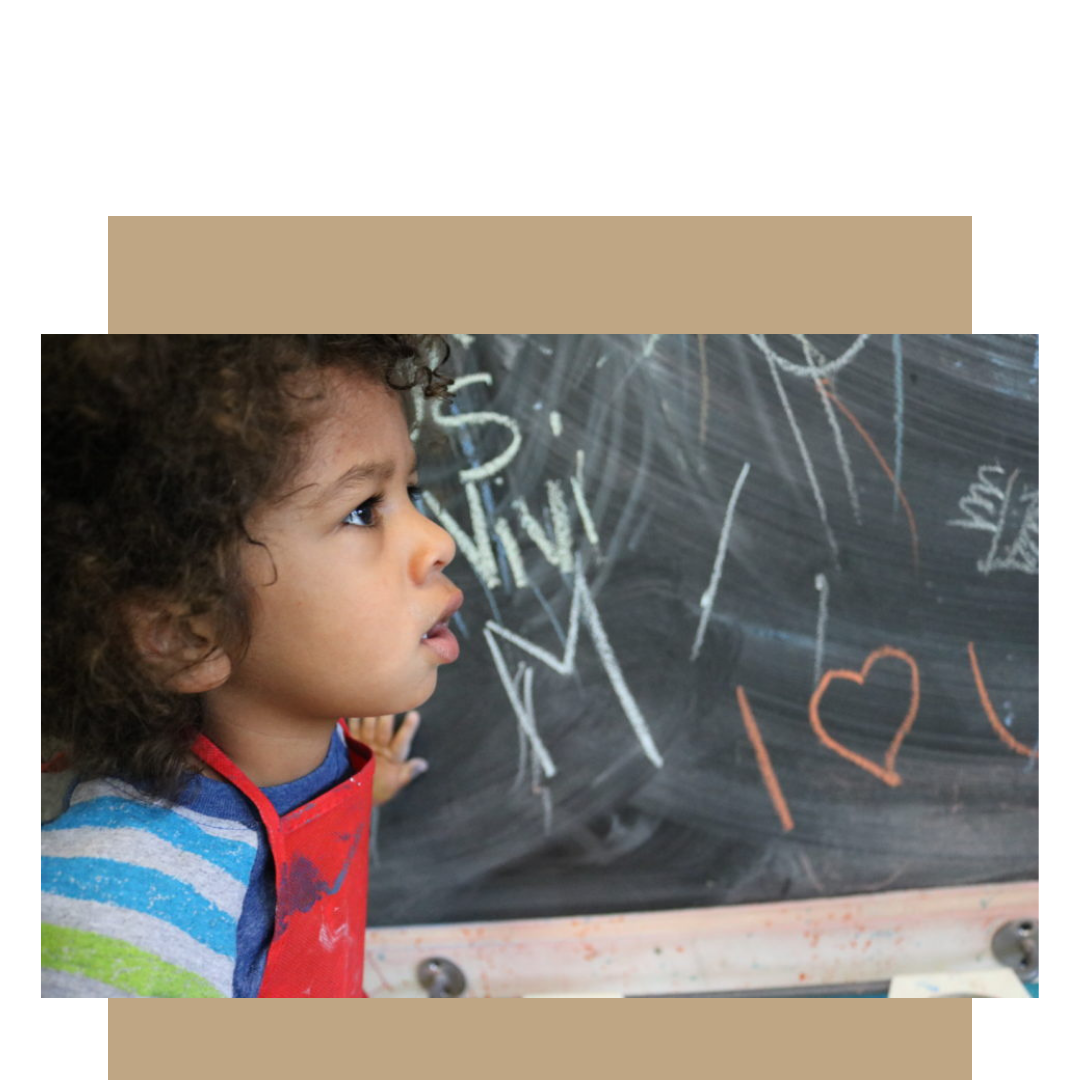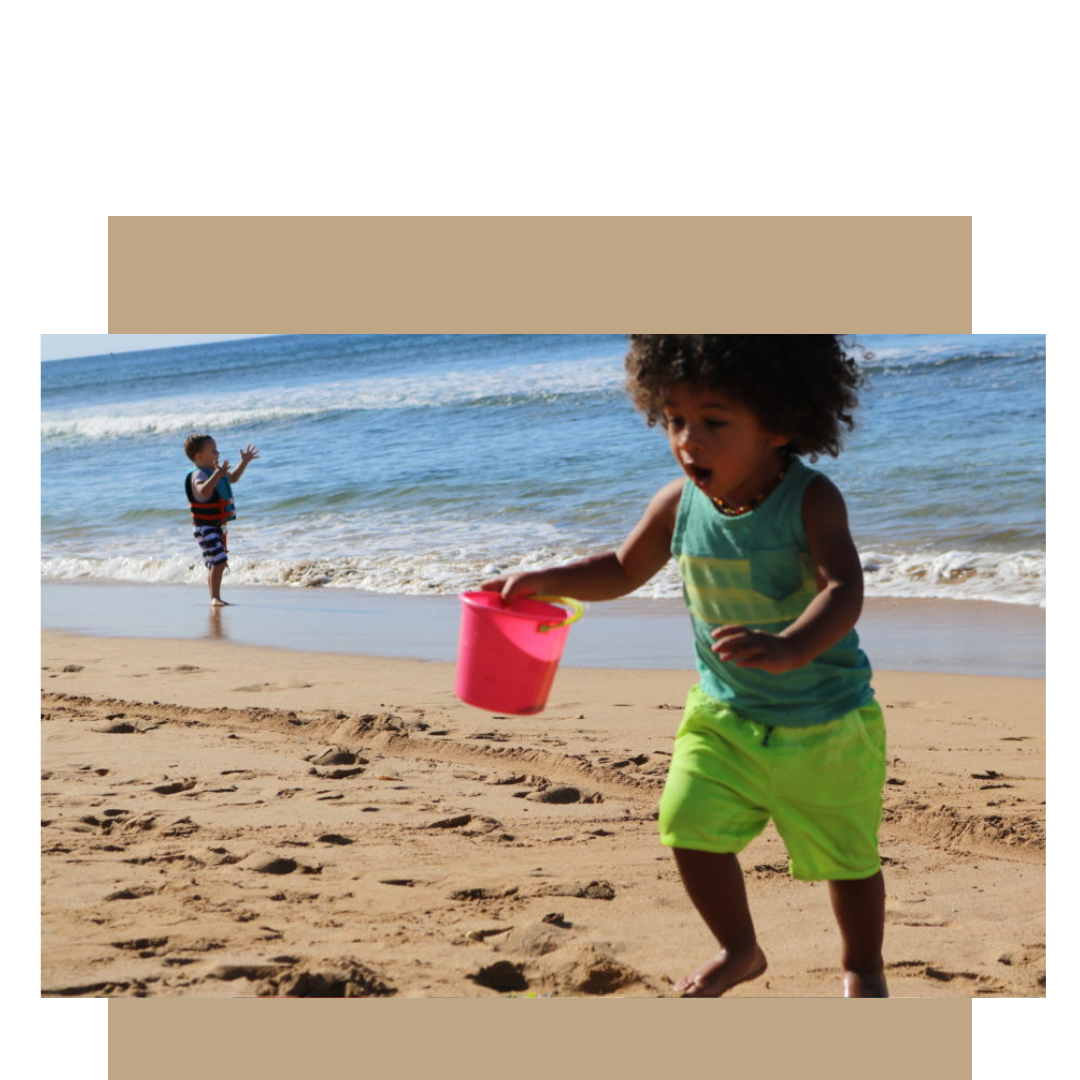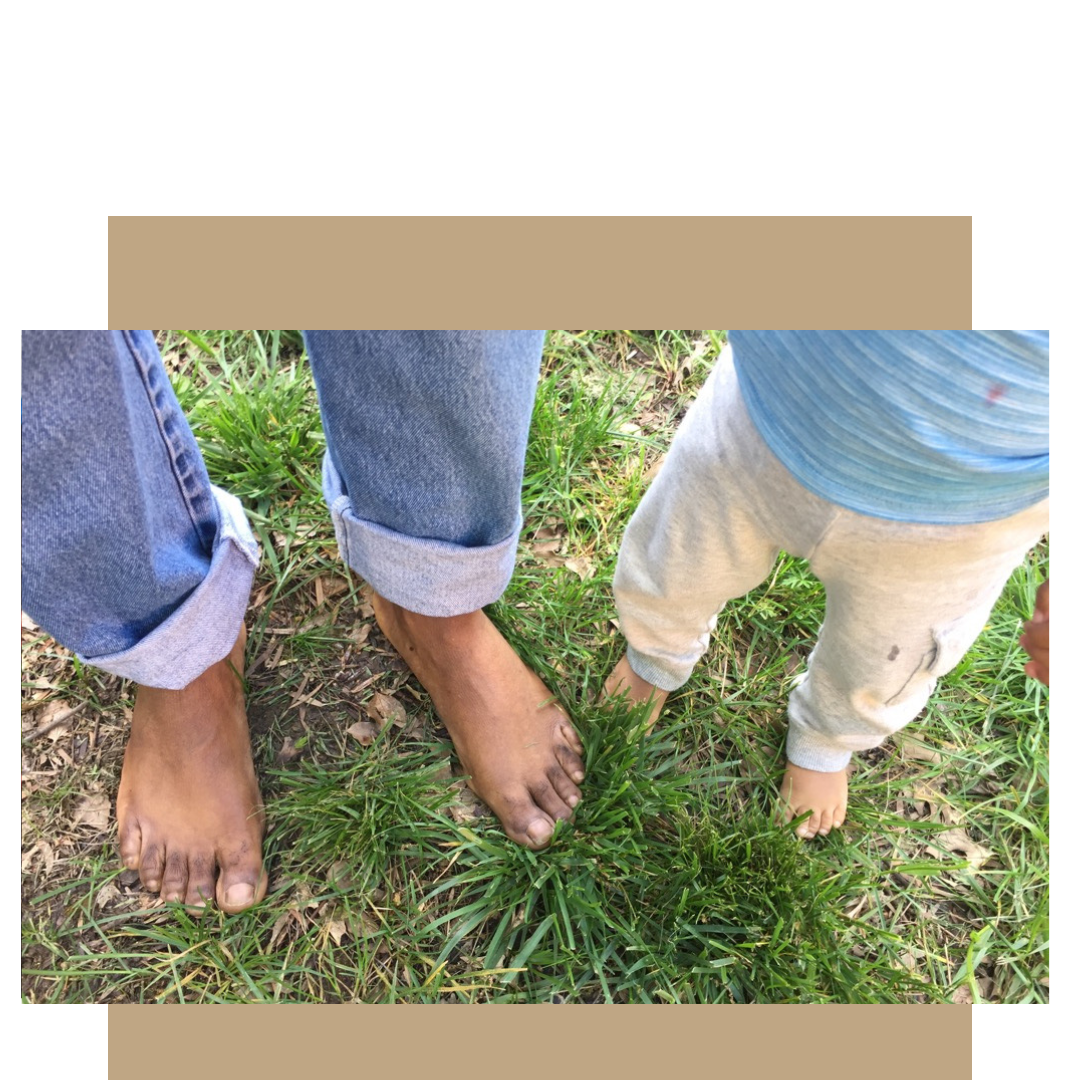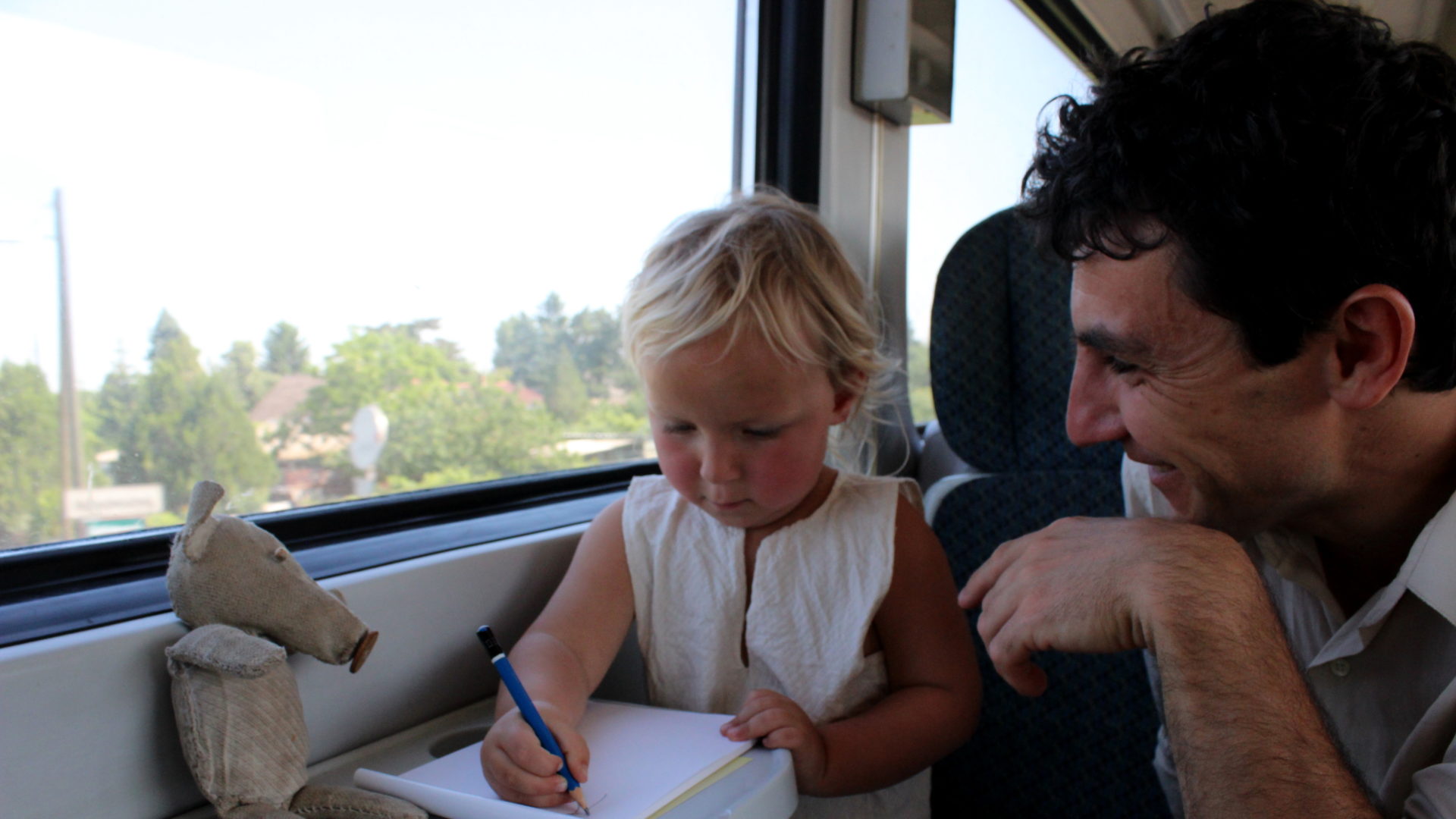
What can you start teaching your child at 6 months, 1 year and 2 years?
The love for your child begins at conception and often sooner. As parents, we feel it our duty to provide all the educational opportunities possible, from the youngest age, after all that is our job, right?
Maybe it isn’t. If we let the child lead, they will be able to teach us a thing or two – in any case, we will be educating each other day by day. We speak, they repeat. We smile, they do too. We shout, they scream. We hug, they hug back.

And through it all, the thing us parents are learning the most, is patience. For a child, learning takes time, lots of it. Those motor skills take many months to develop, just as it takes perseverance to speak another language.
According to baby development guidelines, your child should reach a range of milestones by a certain age.

Around the age of 6 months most babies are recognizing familiar faces and facial expressions. Verbally they are making sounds, the very foundation of words – in fact, they are preparing to out-talk you in the coming years. While they may not be walking quite yet, they may be sitting without support, rolling over, crawling or sliding on the kitchen floor and looking around for anything out of reach.

At about 1 year of age, children are eating solid food with their hands, holding a spoon with questionable aim, flipping the thick pages of a board book and uttering short words that propel them into a completely new social life. Exploration begins perhaps with some climbing and quick steps involved.
By 2 years old, your child will be actively expressing her/his emotions and becoming more vocal about everything they want. Independence and defiance reigns, and that is a great thing! They are conversing in simple sentences, repeating words, pointing, hiding things, building towers, running, kicking and starting to hold a drawing utensil to make artful shapes and lines.
But, we don’t all learn at the same rate or acquire skills with the same ease. So, while it is good to have a baseline, don’t rely on it as if there was no other way.
New parents often have fears and doubts about raising a child, but those have a tendency to lessen with each one added to the family. If you are just starting out in the baby game, know that using your intuition will take you farther than any growth measured on a chart.
If you approach learning from a peaceful and calm standpoint, your child will be more relaxed as well. Just as children will eat when they are hungry, they will walk when they are ready and not a step before. Without forcing a “learning” experience, kids will automatically pick up on the fun of just being together and they will not even know that they are digesting useful life information.
What you can do to teach your child at 6 months, 1 year or 2 years, is all the same. Lead by example and treat them with respect, just as you do with your spouse. Speak to them, not in a baby voice, but converse with them as if they are an intelligent adult – after all, that is quite possibly what you would like to see them become. Be patient with their words and their stuttering, as they learn new words, simple sentences and move onto complex phrases. In every case, they are copying you, so be careful what you do! In every instance, ask yourself, what is my child ready to learn? What stage are they at? And act accordingly.
Provide the support that they need to thrive. Young children love to be read to, so pick a book every night before bed, even if it is the same one, on repeat, week after week – granted they enjoy it. Offer them chances to help in the kitchen, even a very young child with the ability to hold onto something will be happy to assist in washing potatoes in a bowl, not only will it be wet and messy (tactile experience), it could be a moment that brings complete joy to them.
Get outside together and walk/crawl barefoot in the grass. When you get close to nature, both you and your child will further develop the innate love for it. Experience textures, be honest with each other, garden, eat real food – and spend as much time with your children so that they can see you live life. They will become who you are, so put your courageous foot forward and take those baby steps together.




